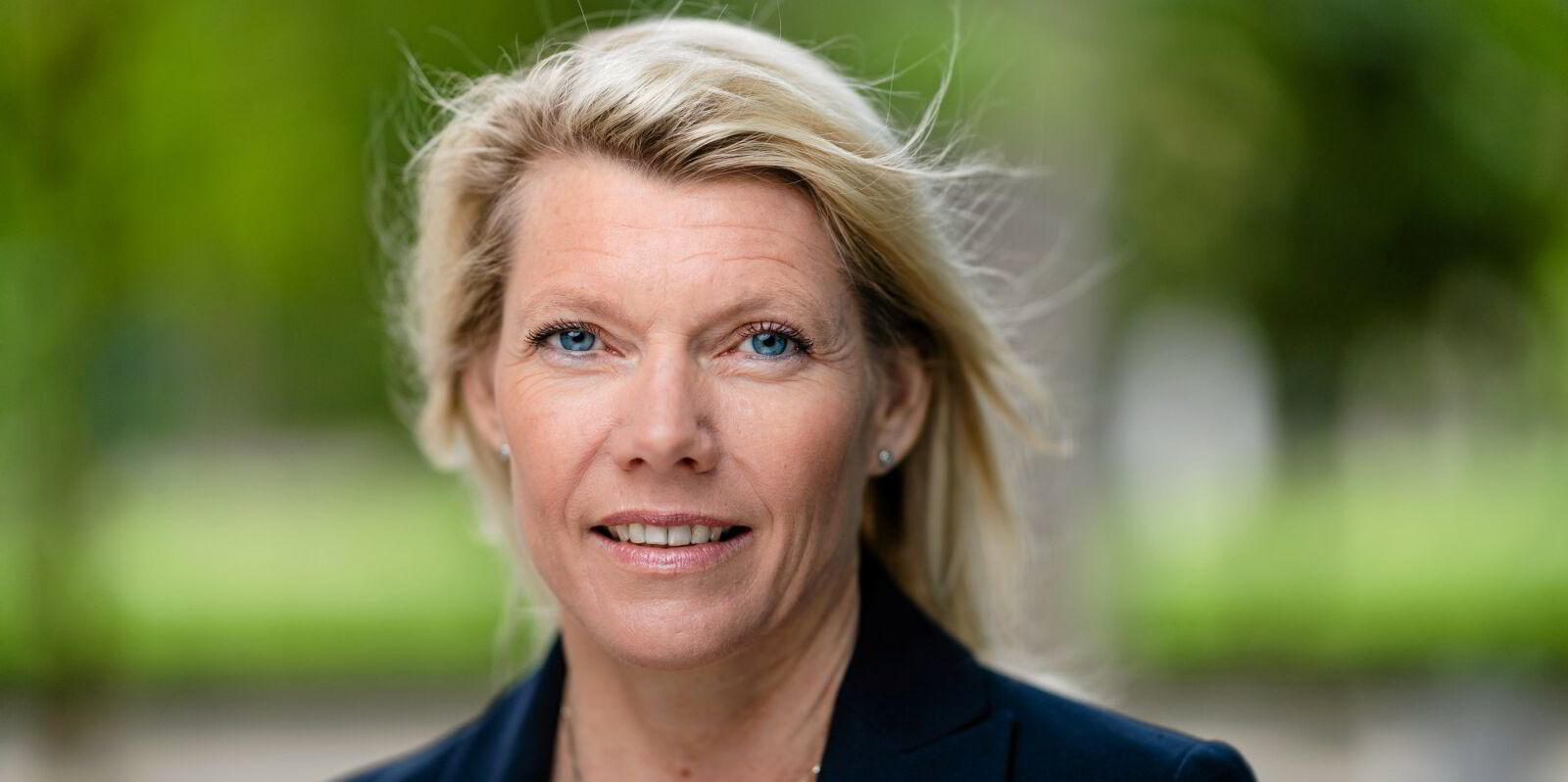Call it a win for the little guy.
Greece’s Panayotides family has seen a third member score a public listing in the US with the completion of an IPO by single-ship Icon Energy in a deal that raised $5m.
The deal was underwritten by controversial investment bank the Maxim Group, which portrays itself as the champion of the small shipowner but has had a polarising effect on the market.
Icon Energy starts with a single panamax bulker, the 77,300-dwt Alfa (built 2006), and will begin trading on Friday under the symbol ICON on the Nasdaq Capital Market in New York.
Icon raised $5m by selling 1.25m shares at $4 each, the bottom rung of the target pricing range.
Icon is led by Ismini Panagiotidi, whose surname is sometimes spelled Panagiotidis and Panayotides, as chief executive and chairwoman.
She is the daughter of Gabriel “Villy” Panayotides, who founded Excel Maritime Carriers and once was the controlling shareholder of Danish product tanker owner Torm.
Panayotides also gained a US public platform through a novel approach, buying the shell listing of Michael Hudner’s B+H Maritime Carriers in 1998.
Panayotides ultimately lost majority control of both Excel and Torm in financial restructurings. Excel sold its vessels to current Greek giant Star Bulk Carriers.
The third member of the family to gain a listing in the US is Petros Panagiotidis, who in 2018 took Castor Maritime public in New York through what was then a relatively new structure called a “direct listing”, under which no new funds are raised from investors.
Castor also started with one bulker and grew into a significantly larger company, but not without pain to shareholders through repeated equity raises. A Castor share trading at about $4.50 today was worth the equivalent of $710 on the first trading day, according to Yahoo Finance.
Castor currently has a fleet of 10 bulkers and container ships.
Maxim has been a specialist in helping smaller, mainly Greek, owners win public listings in the US through methods other than the traditional “regular way” IPO.
These have included spin-offs from existing public companies, direct listings and reverse mergers into “blank cheque” listings.
However, the Maxim deals have been heavily criticised within the industry as such companies typically pursue growth through dilutive follow-on equity sales featuring warrants. These have often seen sharp drops in share price, followed by reverse stock splits to restore the price, and then a repeat of sales.
Larry Glassberg, a veteran shipping investment banker for Maxim Group, defended the firm’s deals during the latest Marine Money Week event, lauding them as some of the best in shipping’s history in terms of the valuation obtained for the shipowner.
The Icon listing is more of a conventional IPO in that new funds were raised, although the $5m pot is tiny at a time when some financiers argue that a public shipowner needs to have a market capitalisation approaching $1bn to be considered investable.

There has been only one mainstream shipping IPO since June 2015: the January 2021 flotation of Israeli liner company Zim in a deal that raised $217m. Zim’s current market cap is close to $2.1bn.
Panagiotidi, who founded Pavimar in 2014, has 17 years of experience in the bulker, tanker and container ship space.
Pavimar, where Panagiotidi is chief executive and co-founder, will provide commercial and technical management services, among other roles it will play for its public affiliate.




